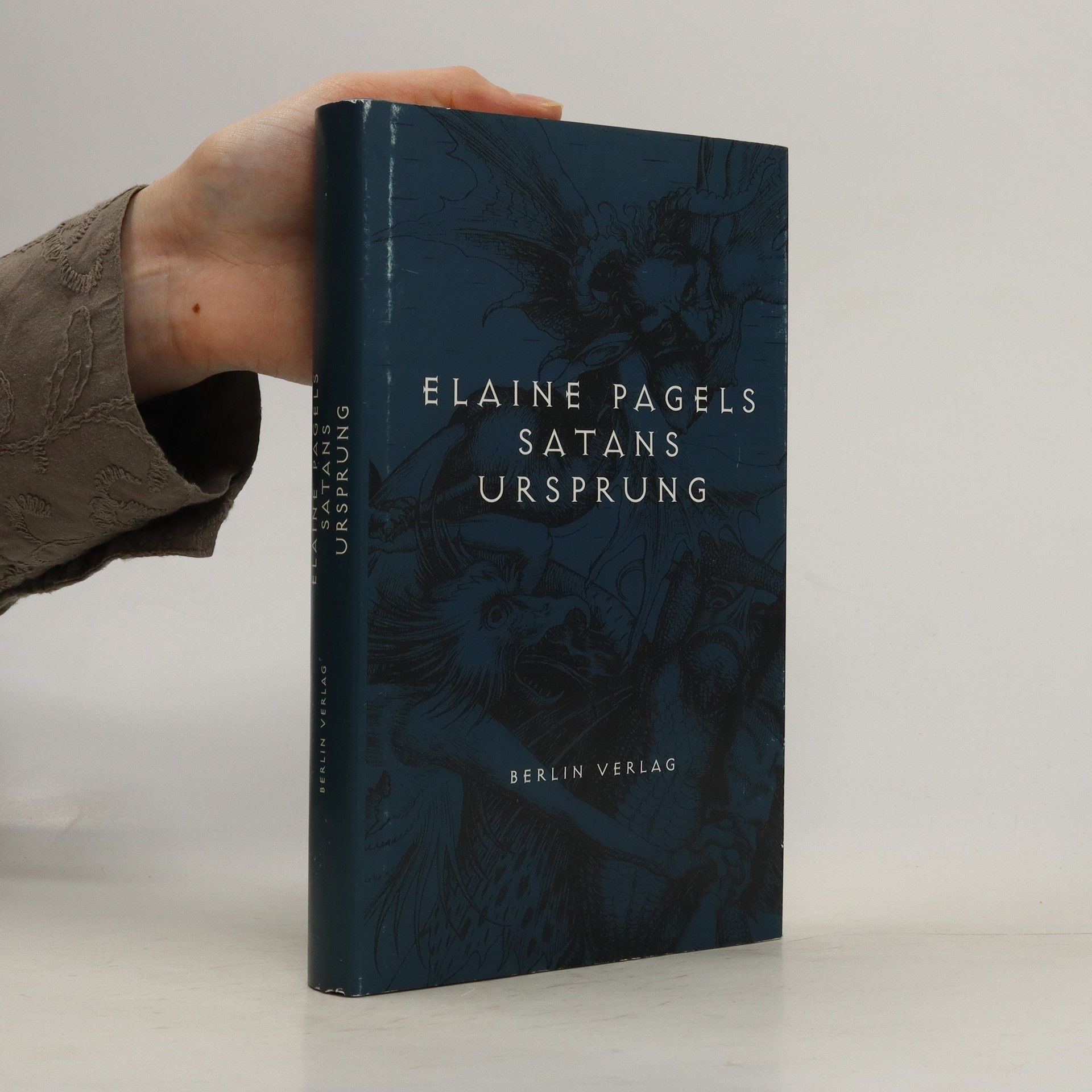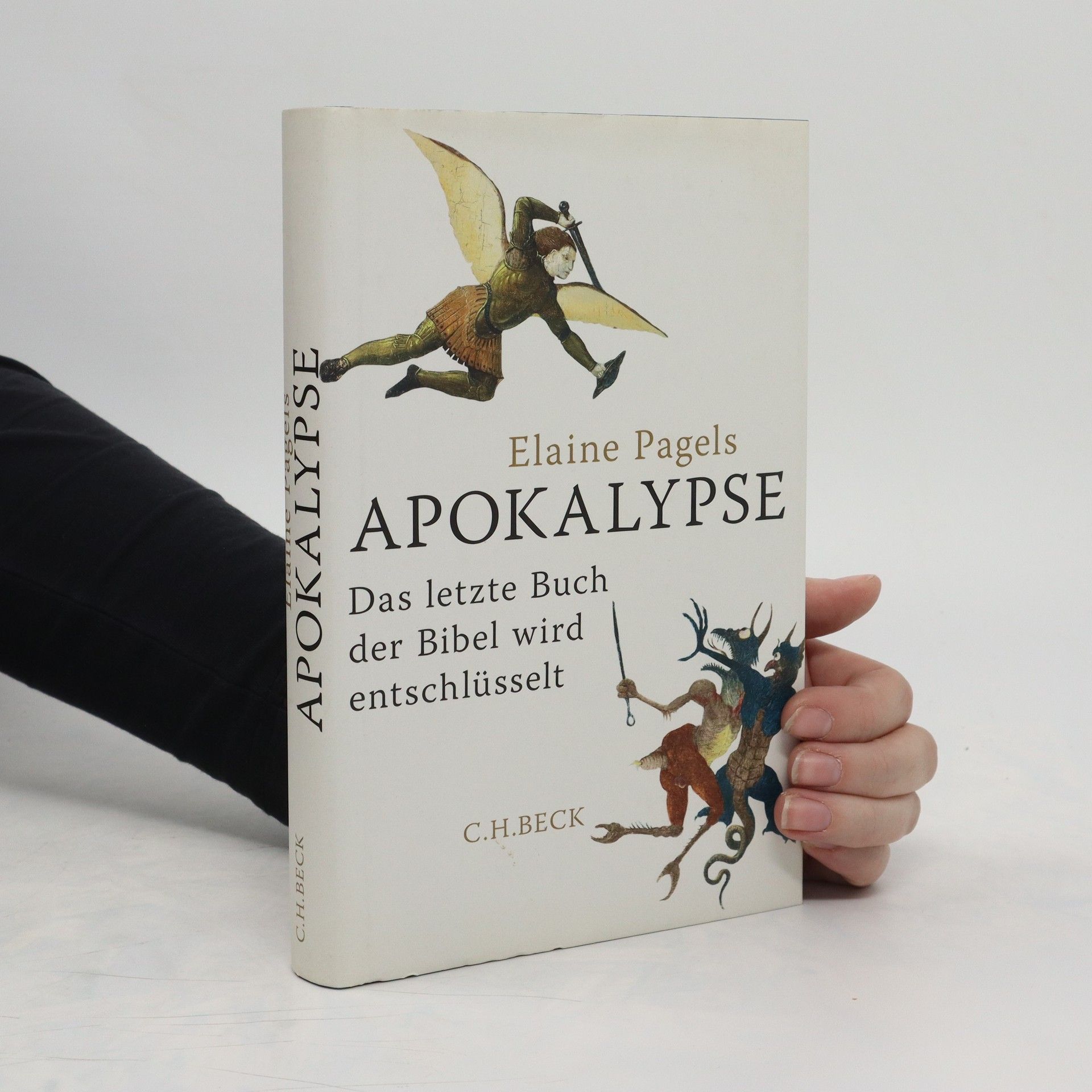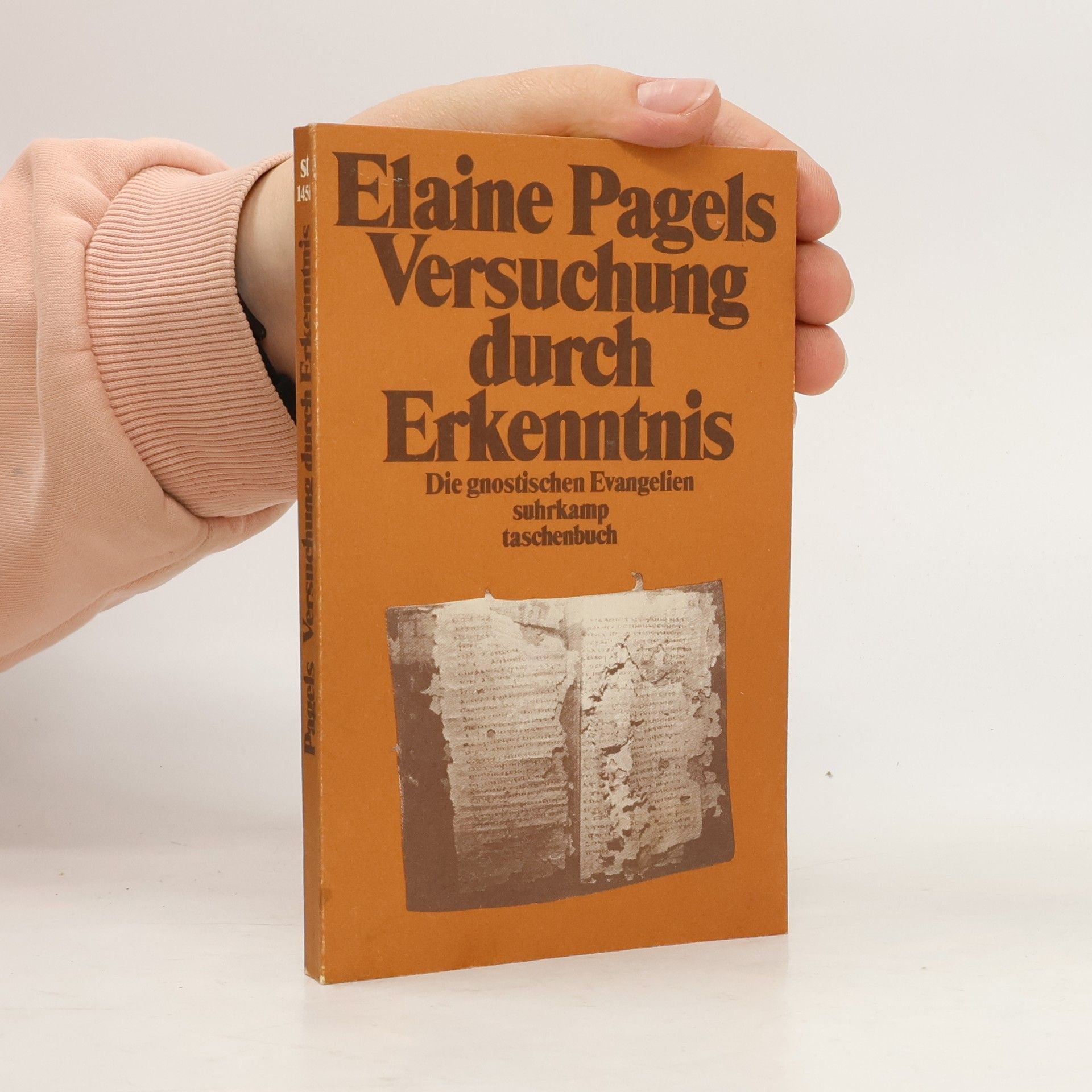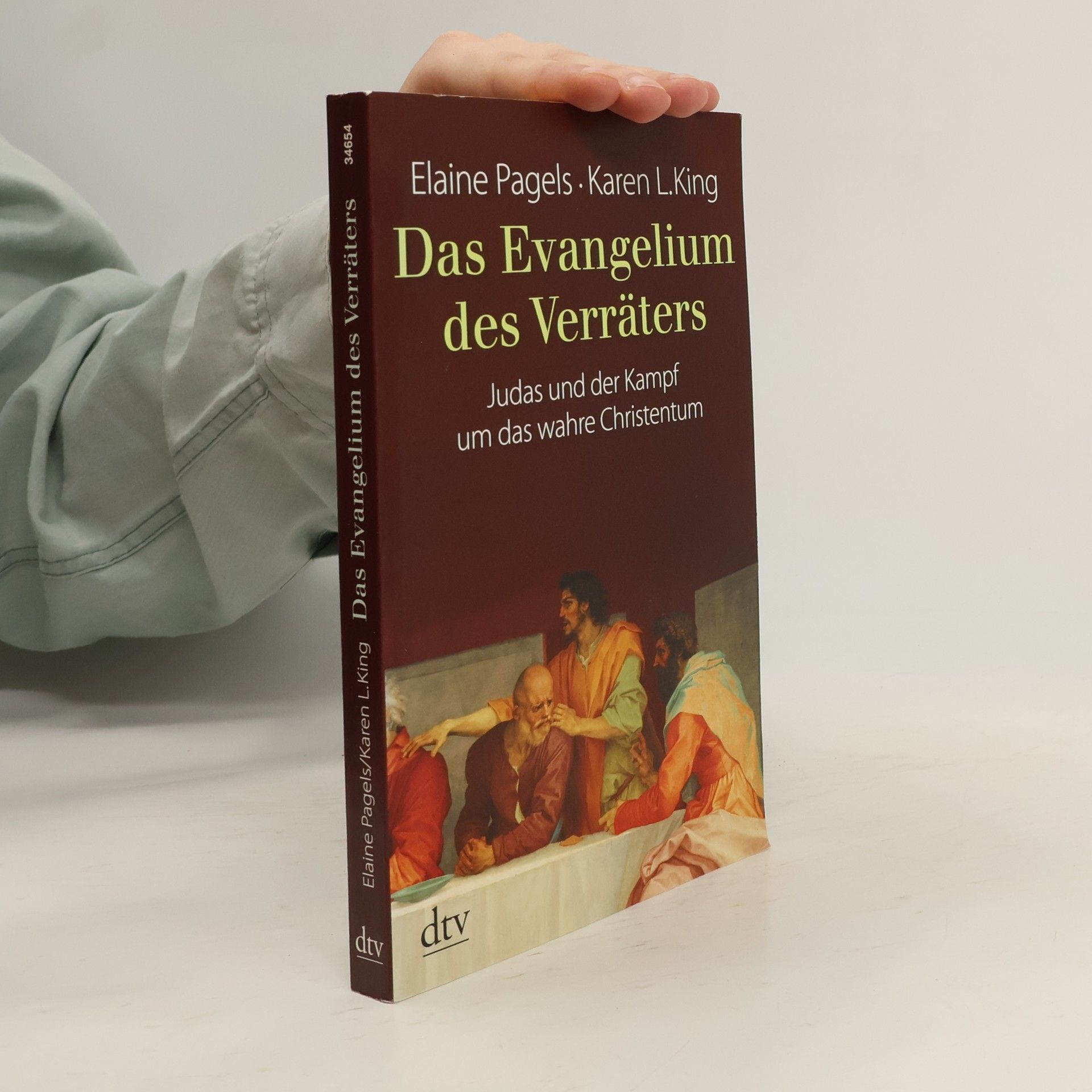Das Evangelium des Verräters Judas und der Kampf um das wahre Christentum
- 205 Seiten
- 8 Lesestunden
War Judas gar kein Verräter? Das 2006 veröffentlichte Evangelium des Judas erregte weltweit Aufsehen. Judas erscheint hier als der Lieblingsjünger Jesu. Den zahlreichen Spekulationen um den rätselhaften Text setzen die bekannten Expertinnen Elaine Pagels und Karen L. King eine seriöse, zugleich spannende Darstellung entgegen und zeichnen das eindrucksvolle Bild eines frühen Christentums, das von harten Glaubenskämpfen, schillernden Experimenten und zutiefst menschlichen Leidenschaften geprägt war.








